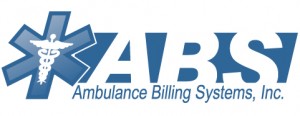Common forms of computer viruses
Common forms of computer viruses
Ambulance Billing Services is going to expand on last weeks blog and delve in to the common types of virus on your desktop or laptop computer where you store all your ambulance billing data.
In most cases a virus or malware appears as an exe file (Executable file) and typically remain harmless until activated. Again in many cases these exe. files appear when performing downloads from the Internet from an unknown source but there are “computer hackers” that are a little more cunning in their approach and can disguise the exe. file as another type of file, for example a JPEG, or PNG format. These of course appear to be totally harmless on the surface and if a friend or colleague was to send you this type of file by email you probably would not think twice about opening it.
Email with tempting links are especially nasty as they can take you to a specific website that will automatically infect your system. While it is easy to teach a user to not click on such links, or even open an email from an unknown source, humans are curious creatures and if the temptation is great enough they may just have a look. Managers and Fire Chiefs are likely to hand out disciplinary action, short of dismissal, to the member of staff for activating a virus on the system but this does not solve the problem and it is virtually impossible to stop them from repeating the action unless they are not permitted access to your computer system or network. The person replacing them may be just as curious in the future and so it goes on, while your business is paying out money to either resolve the problem or replace the system and hoping that the billing data is “clean”.
Next week Ambulance Billing Services will explain the potential consequences of a virus on your system or network.

